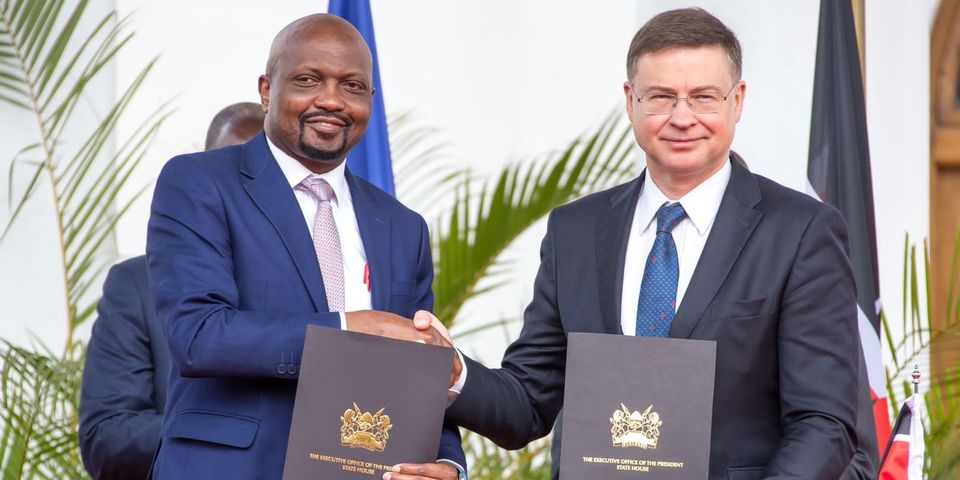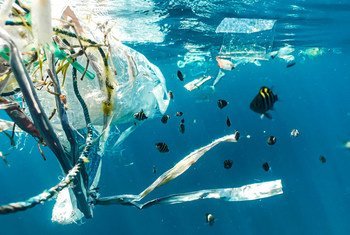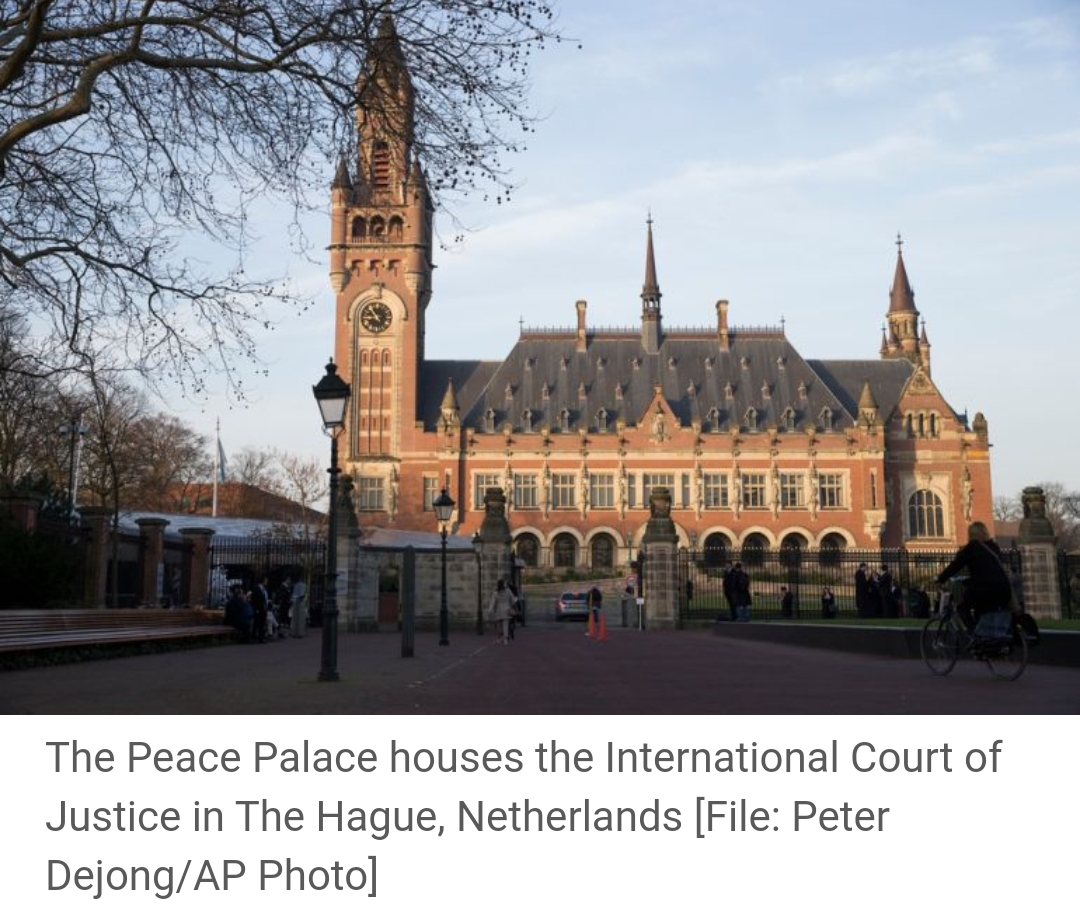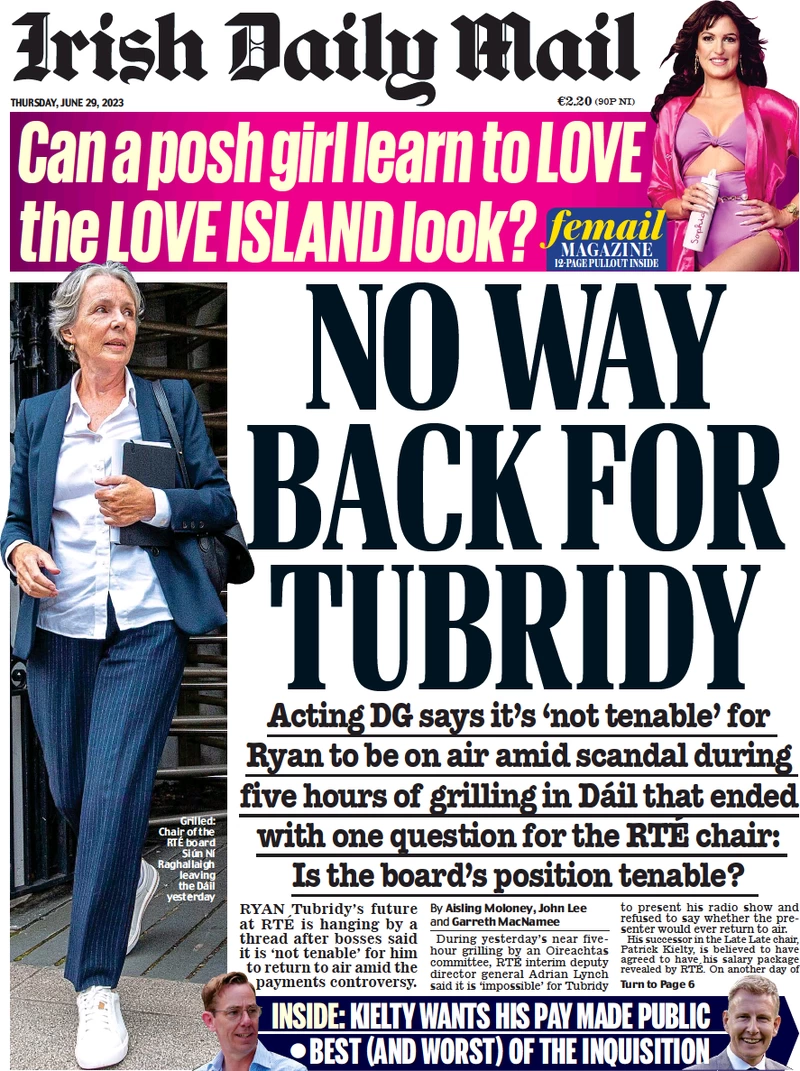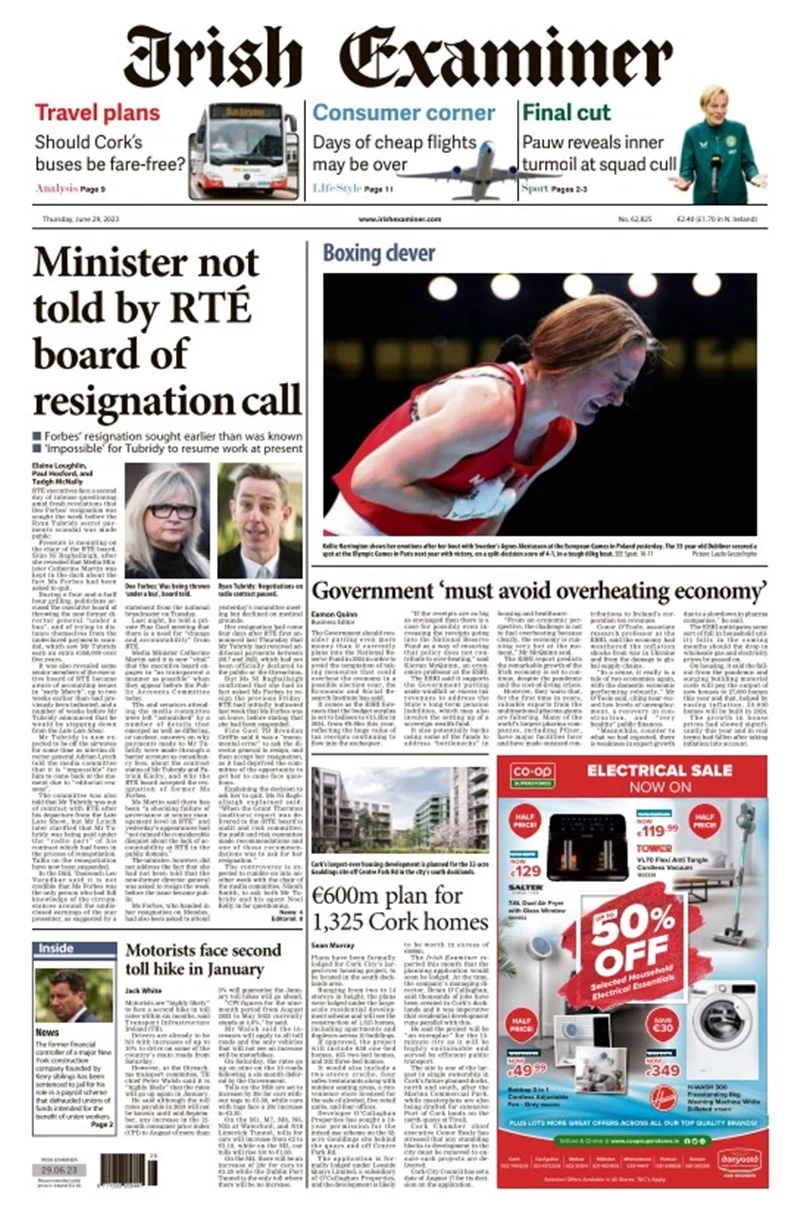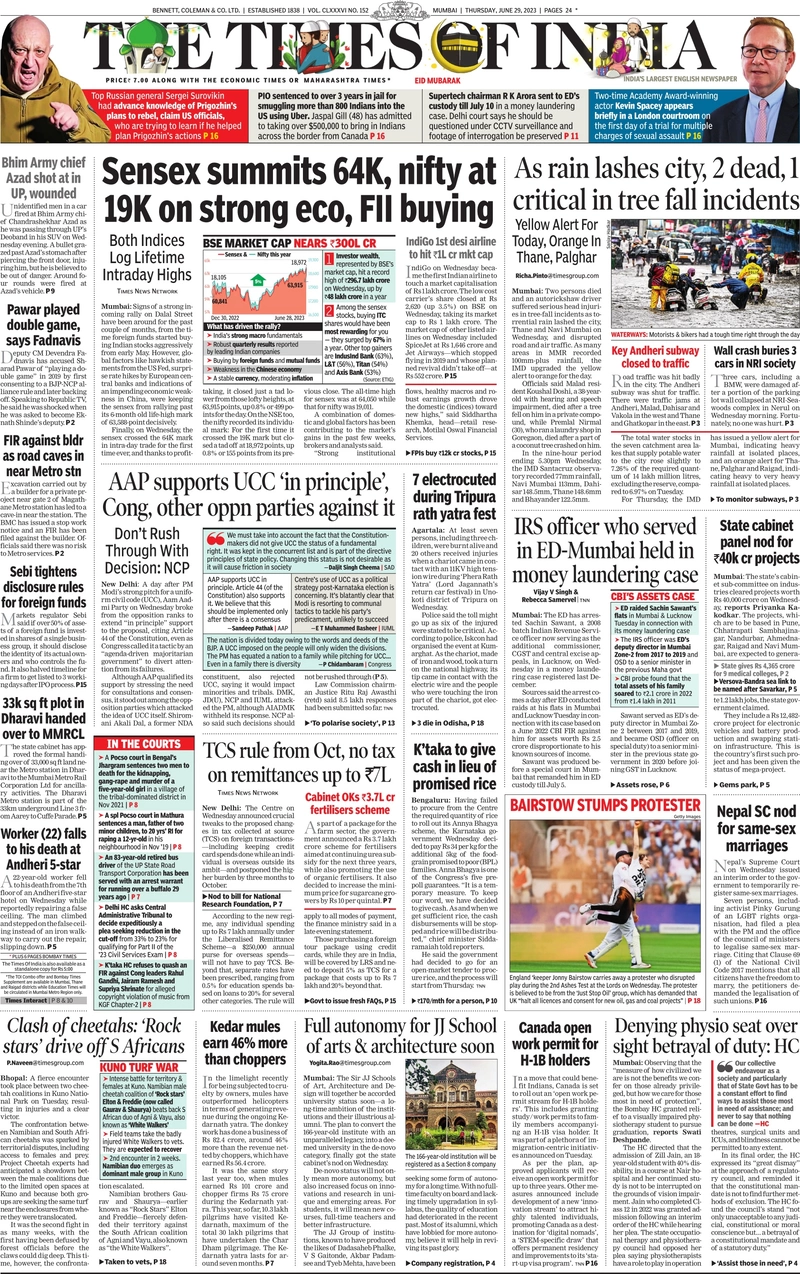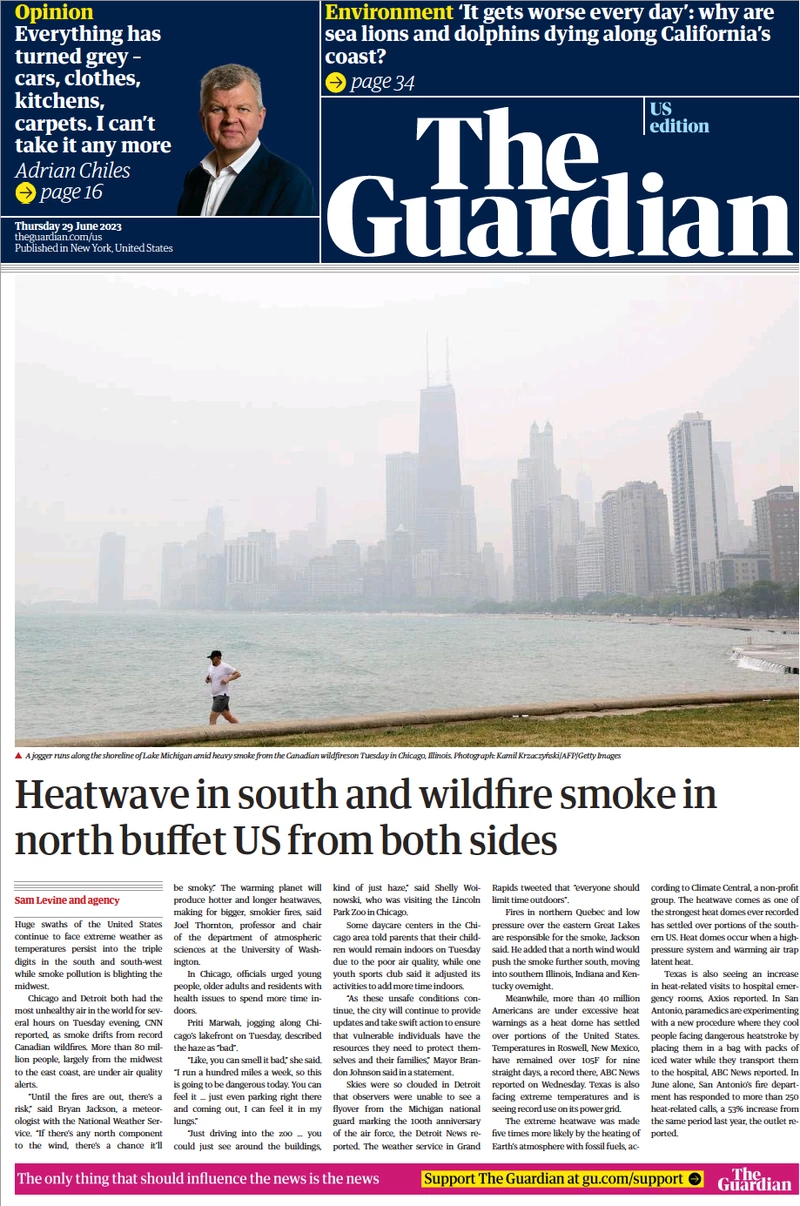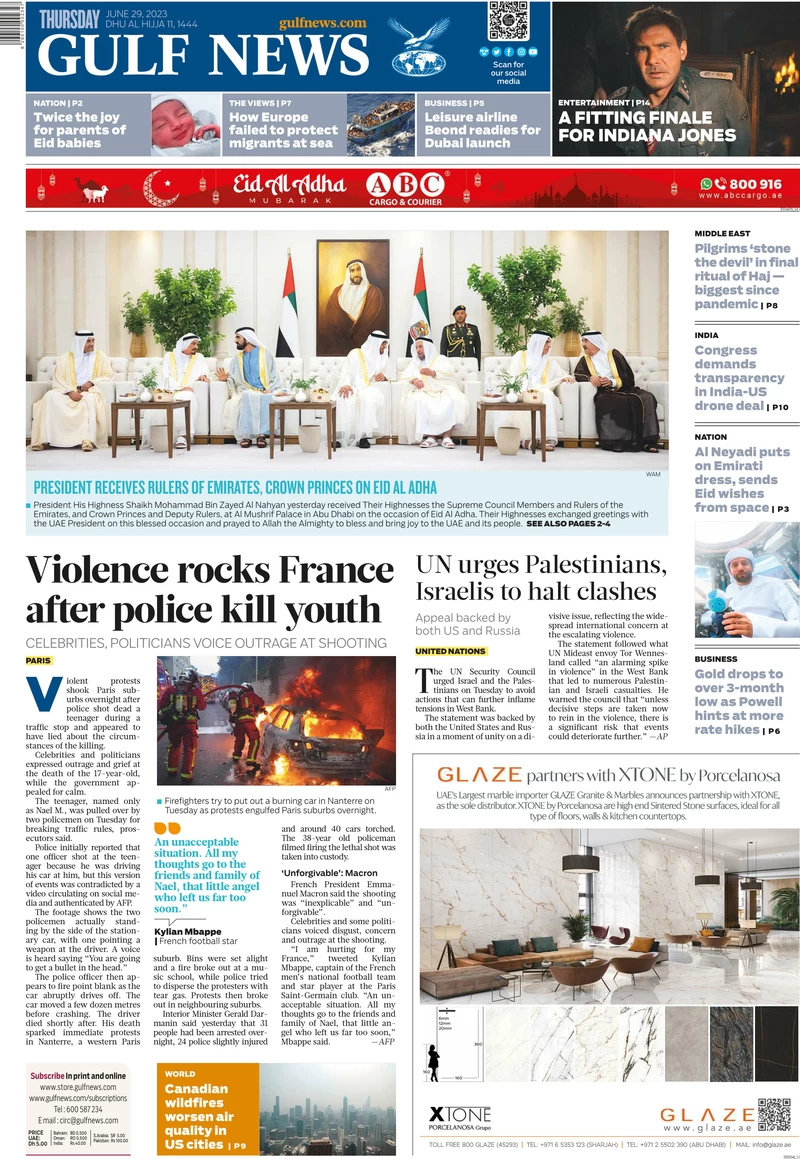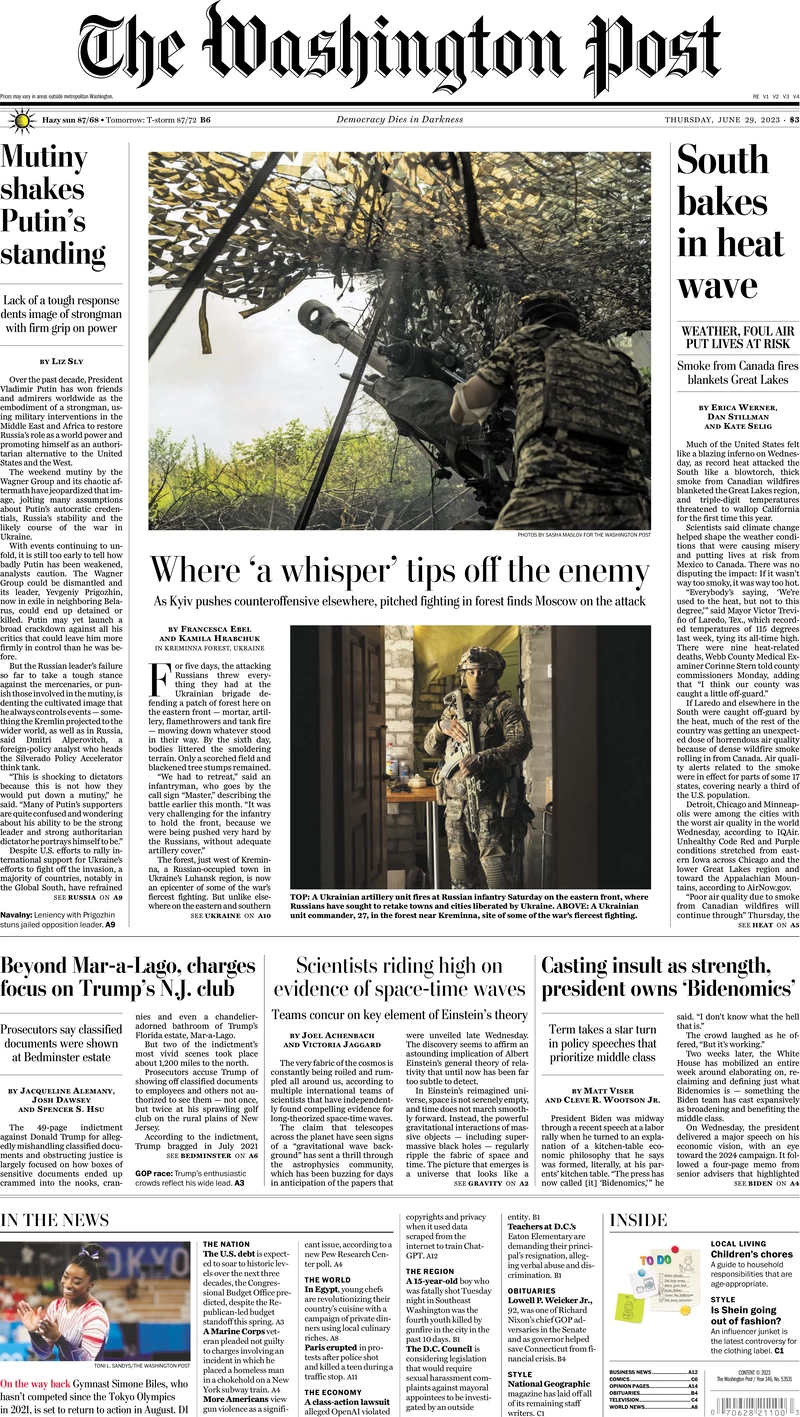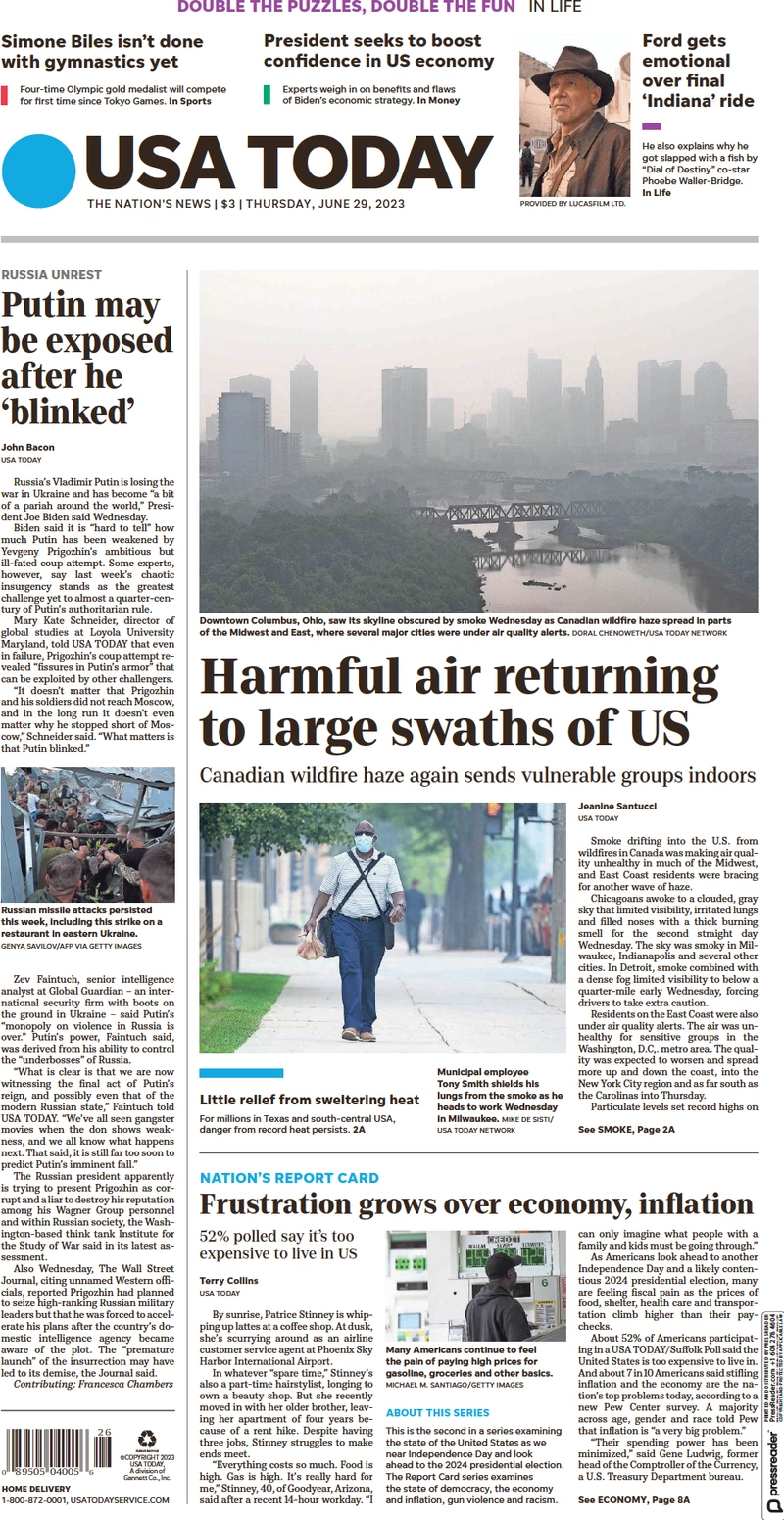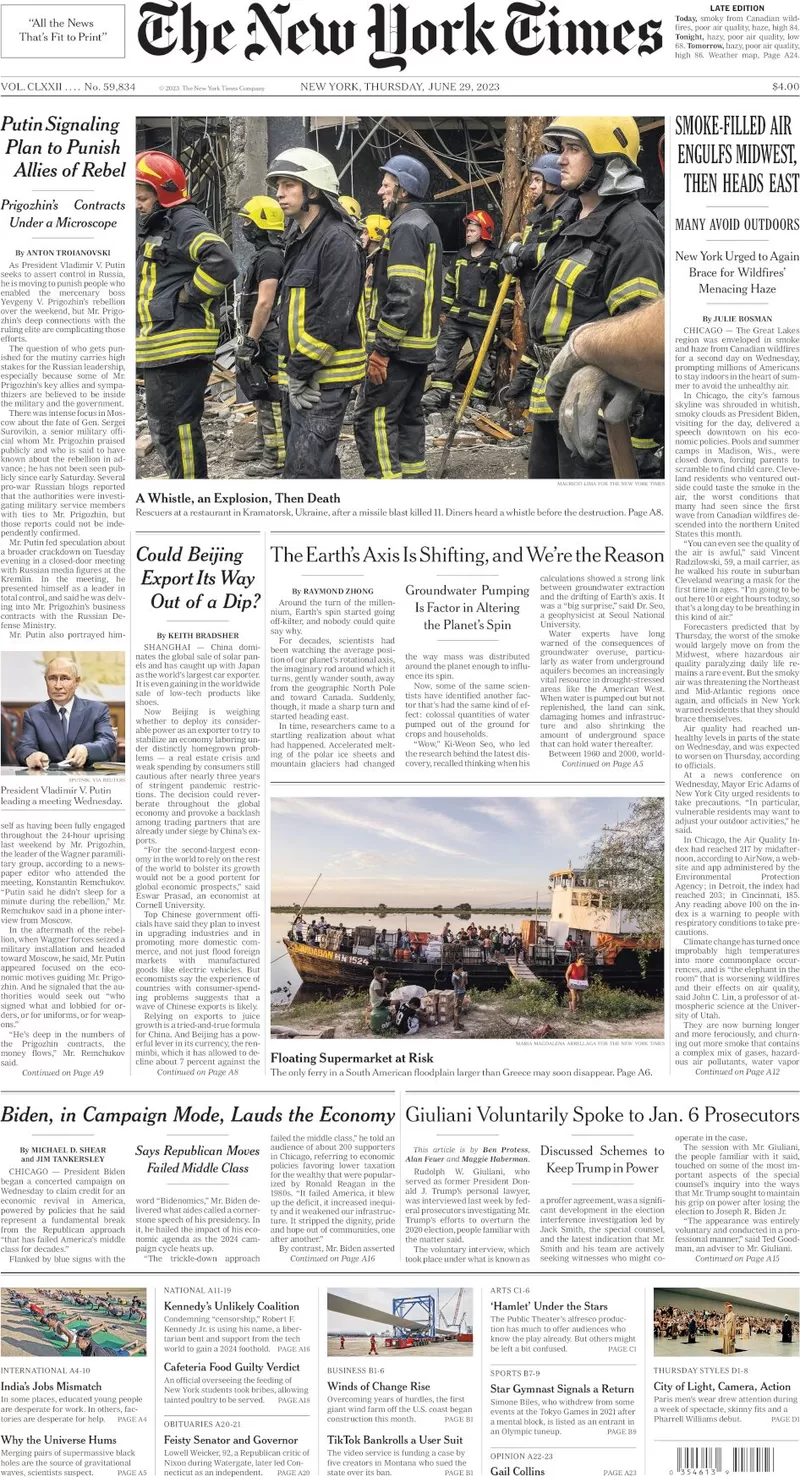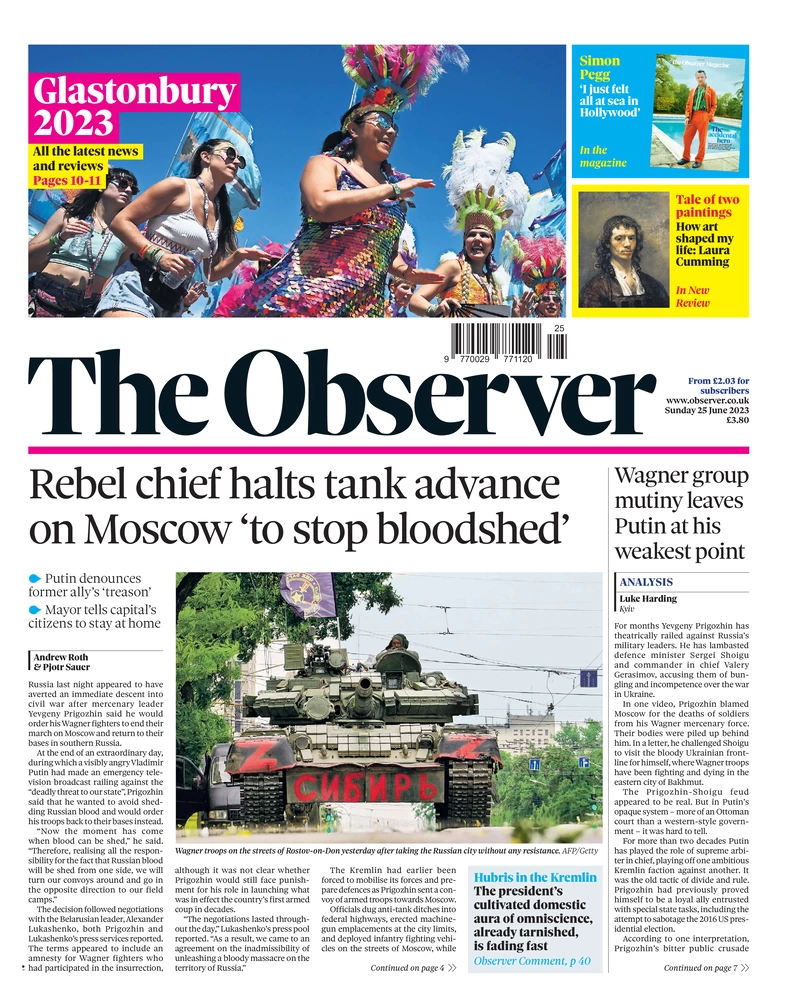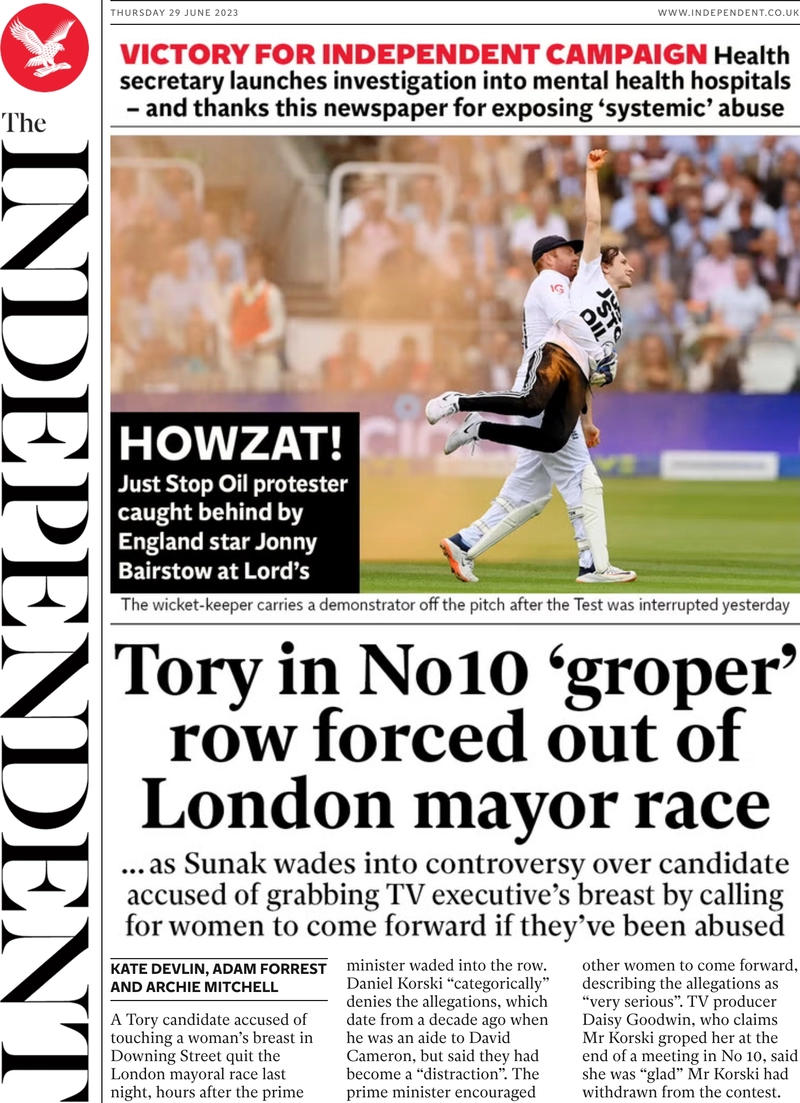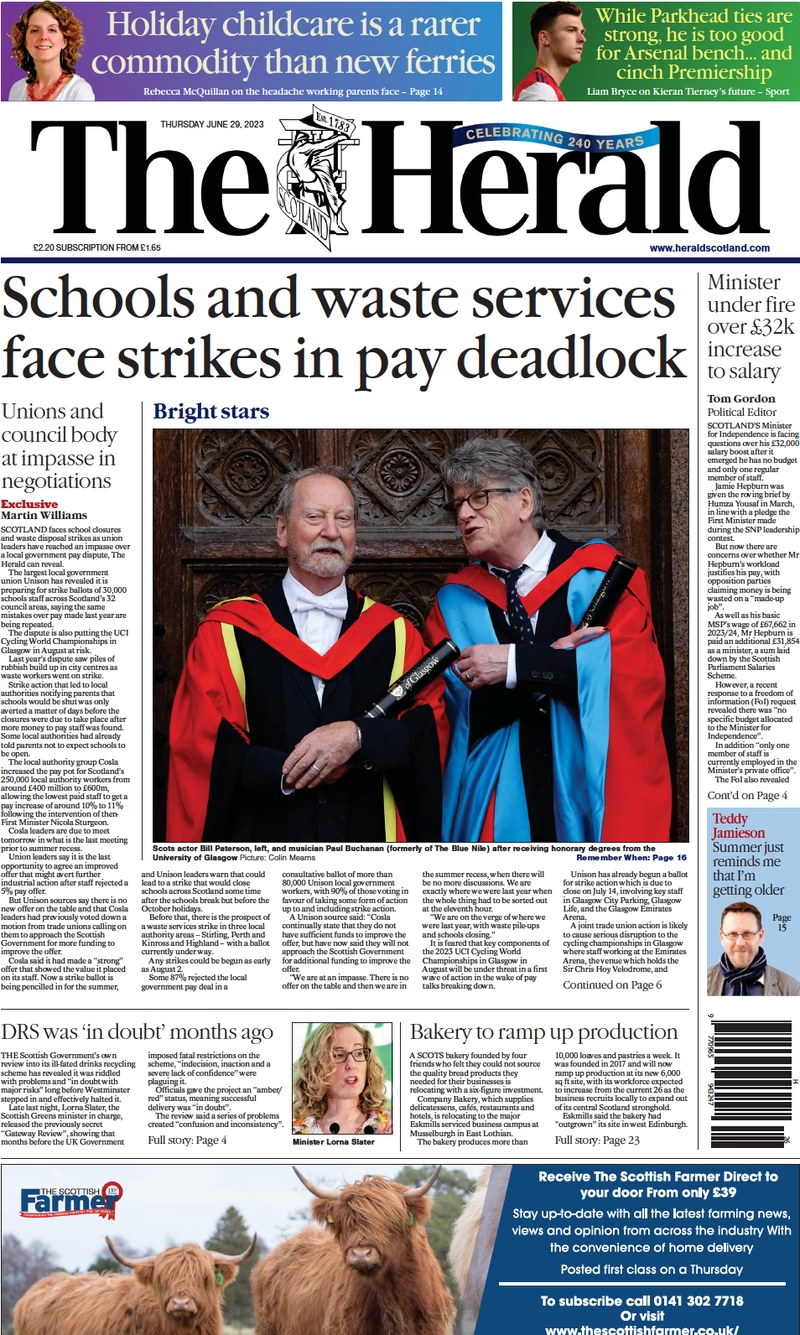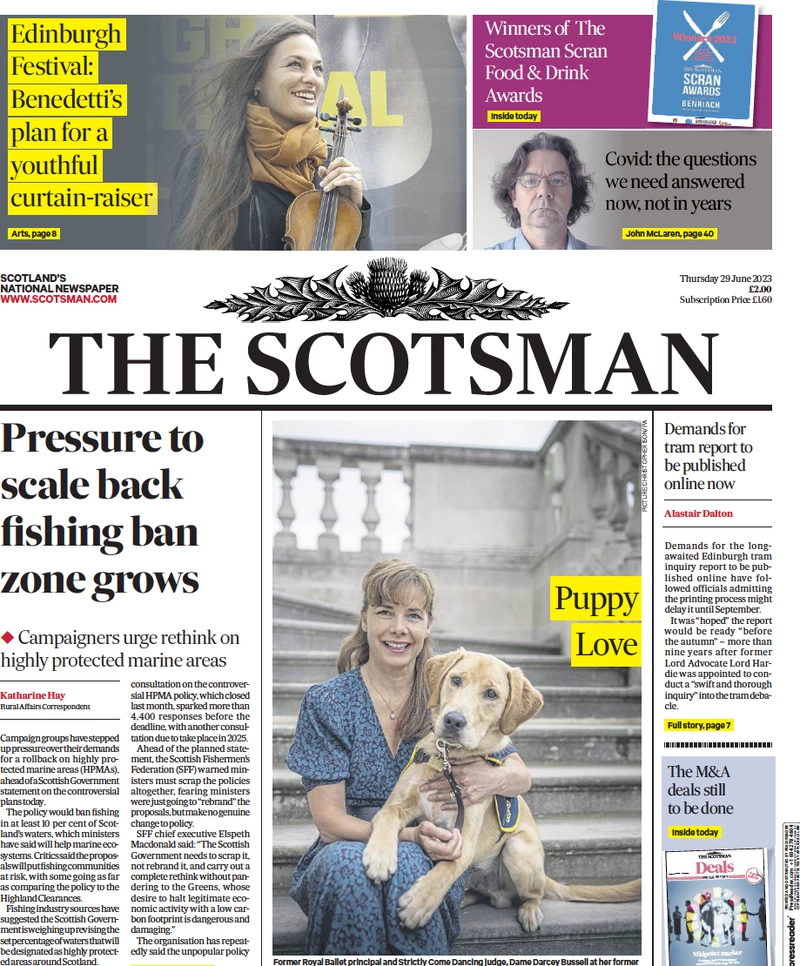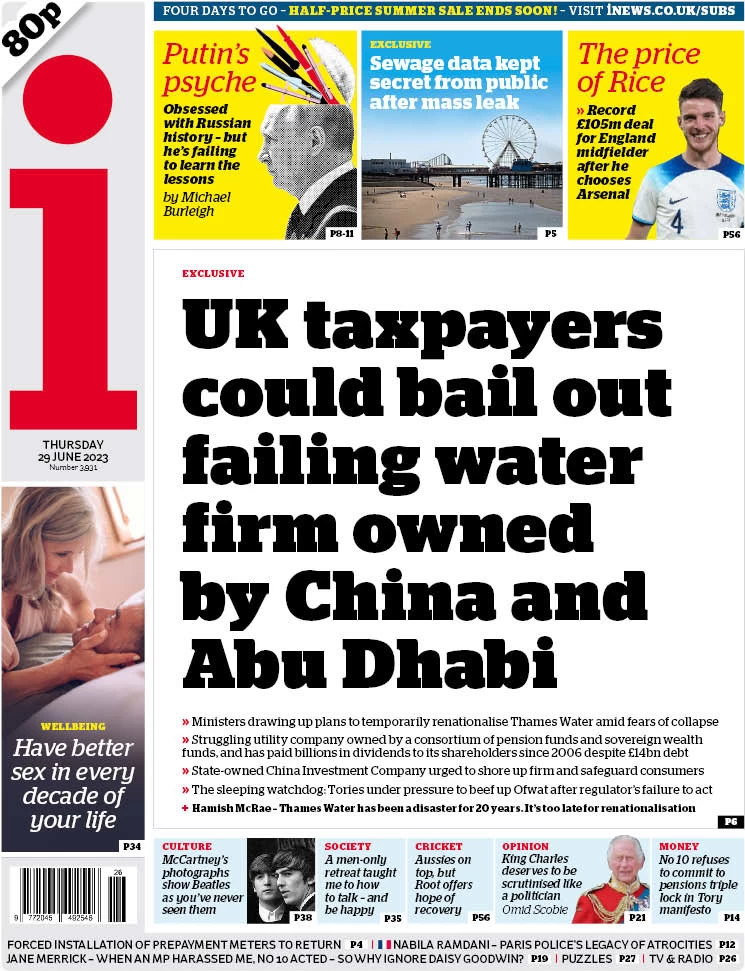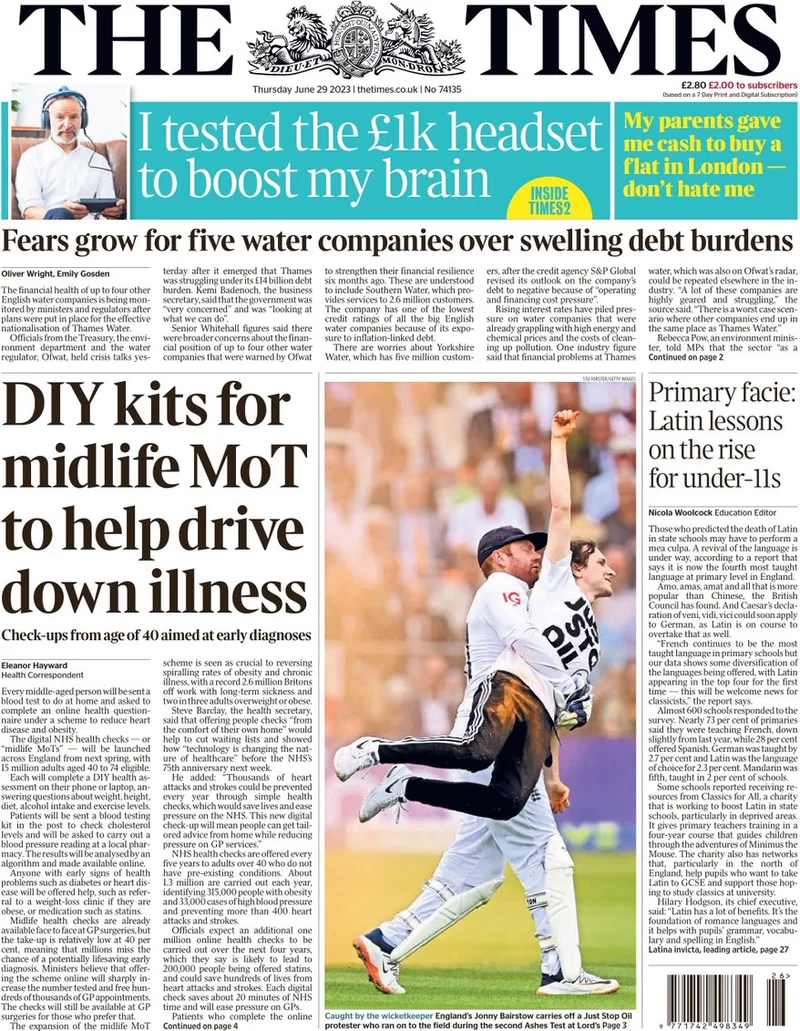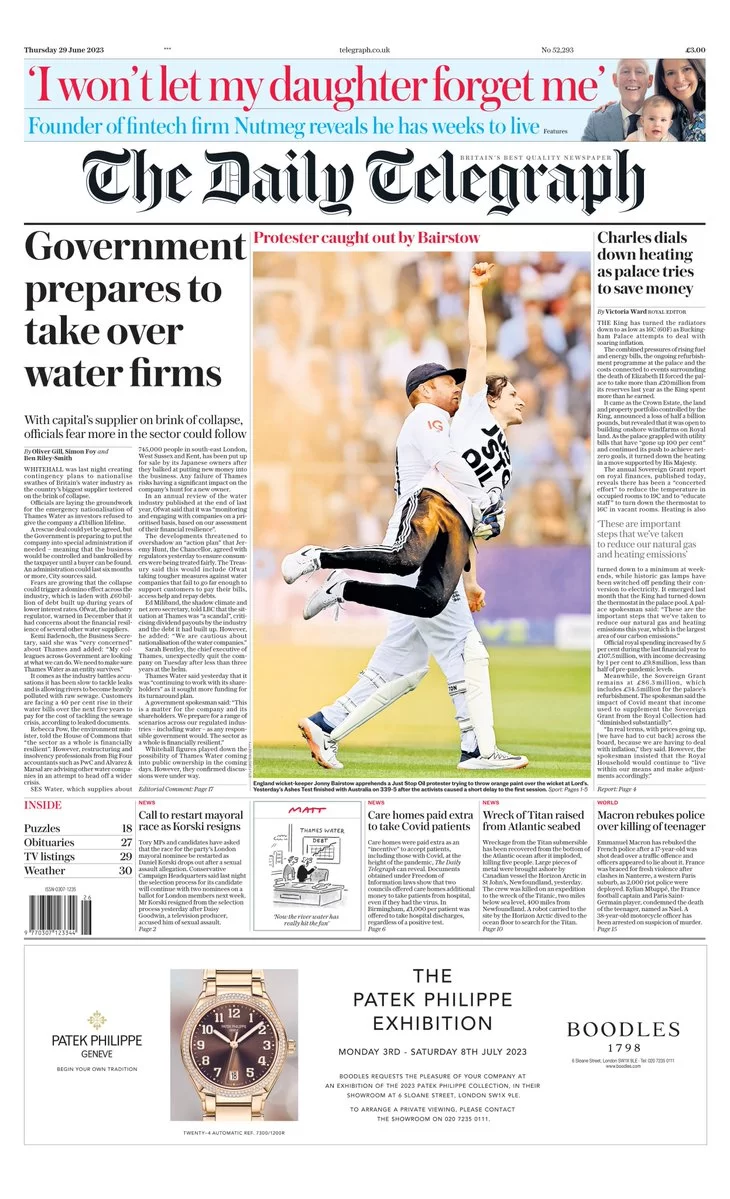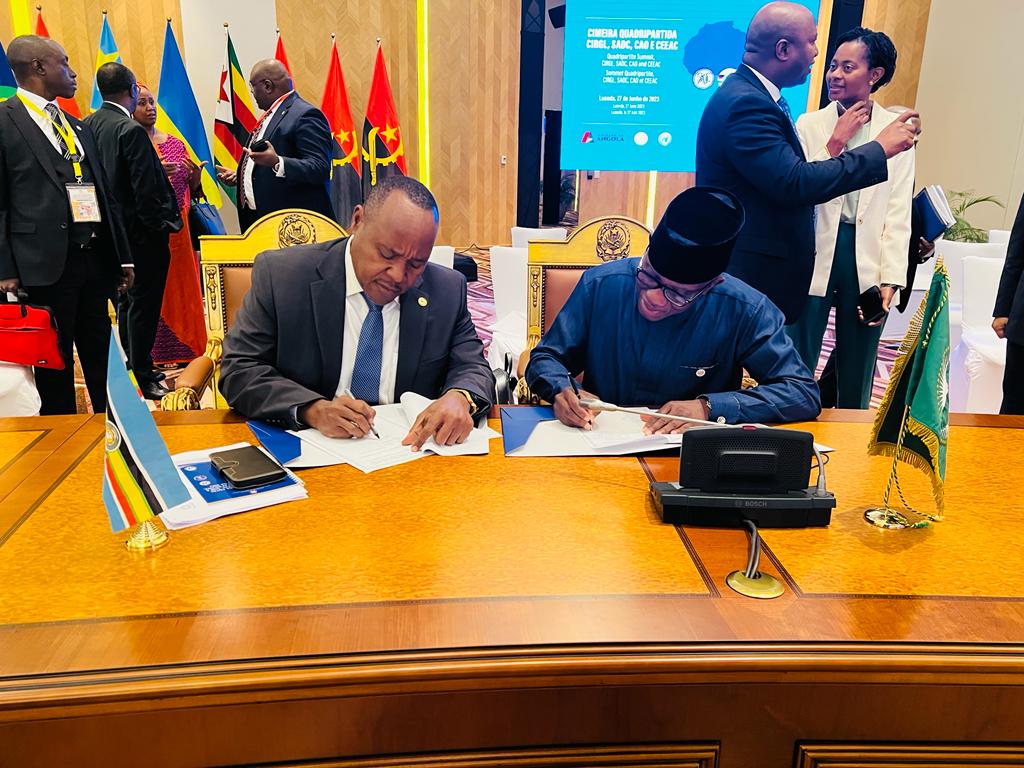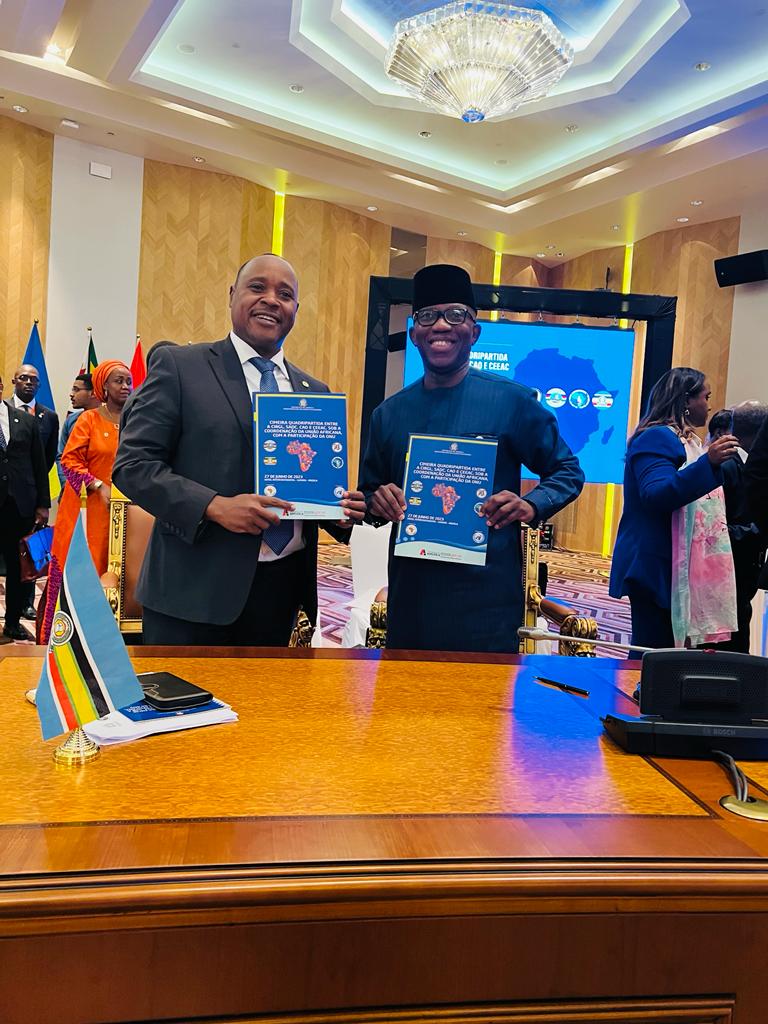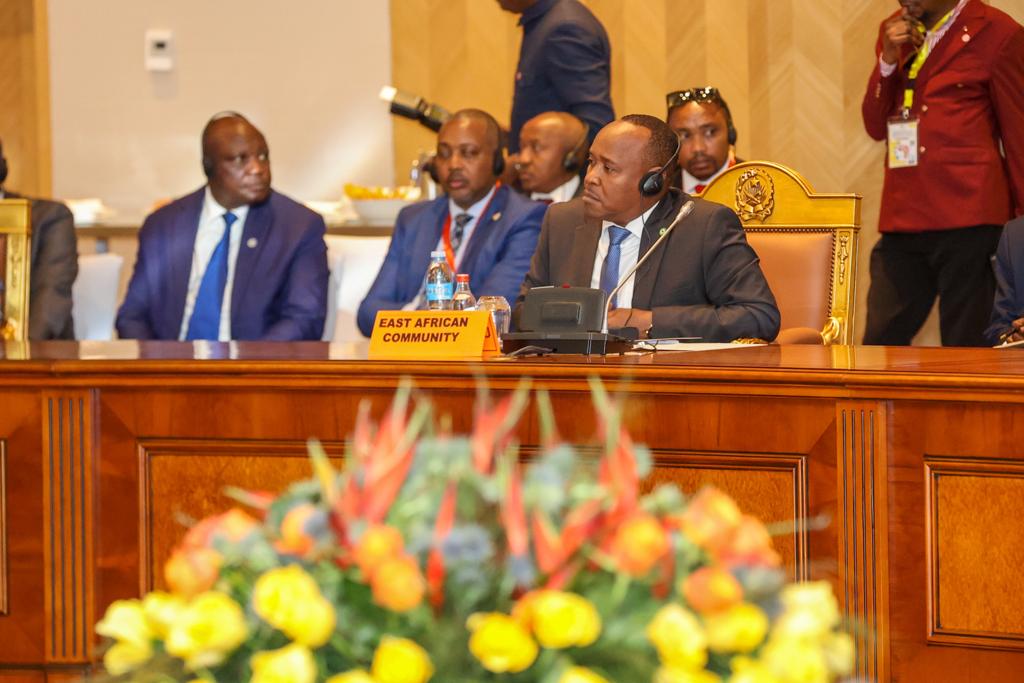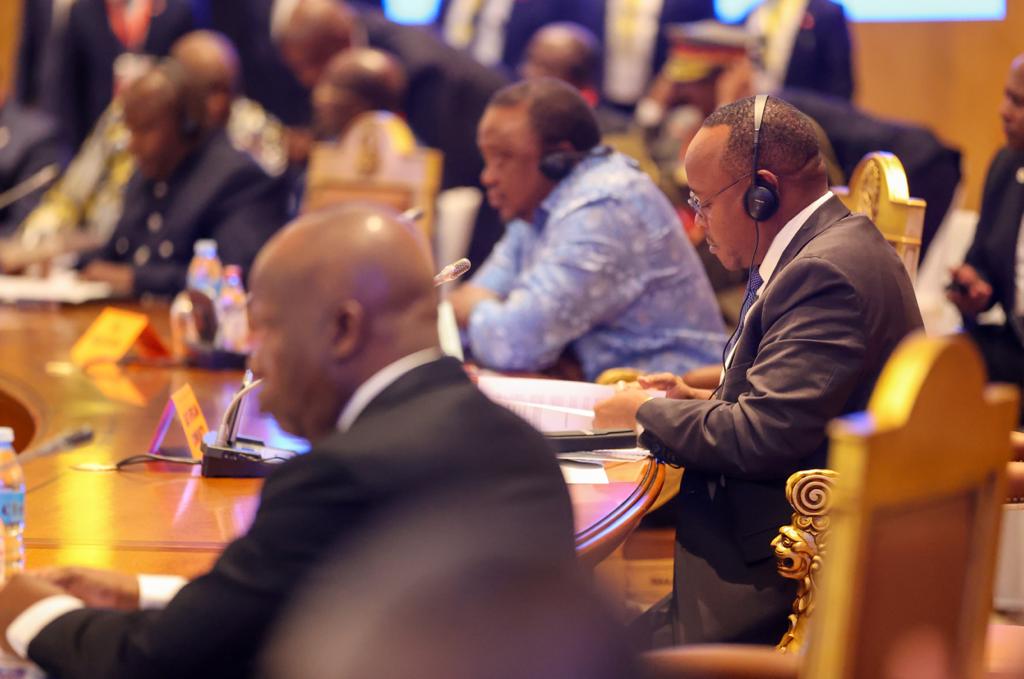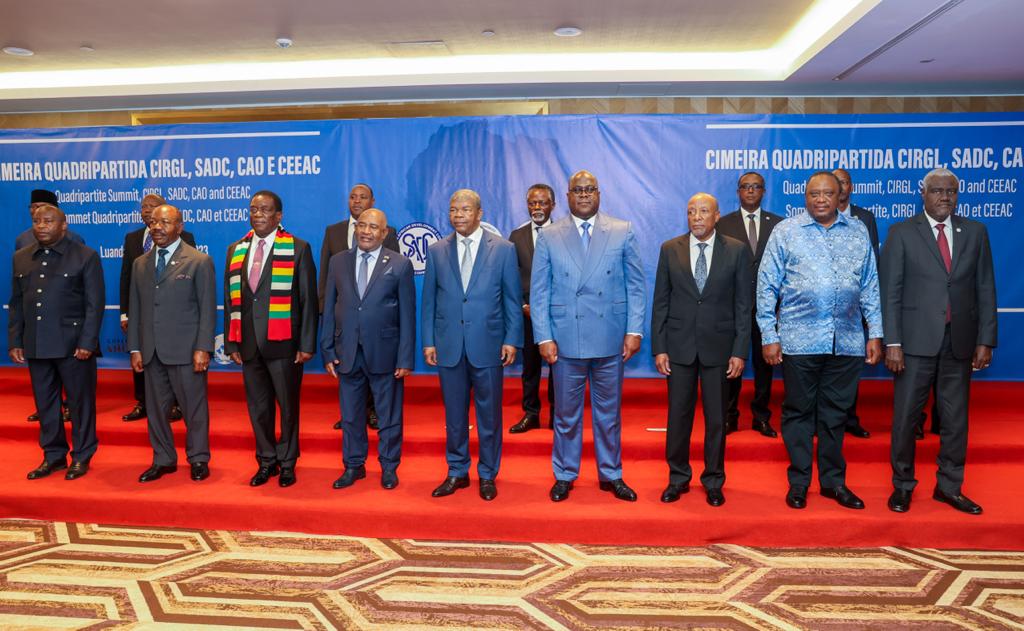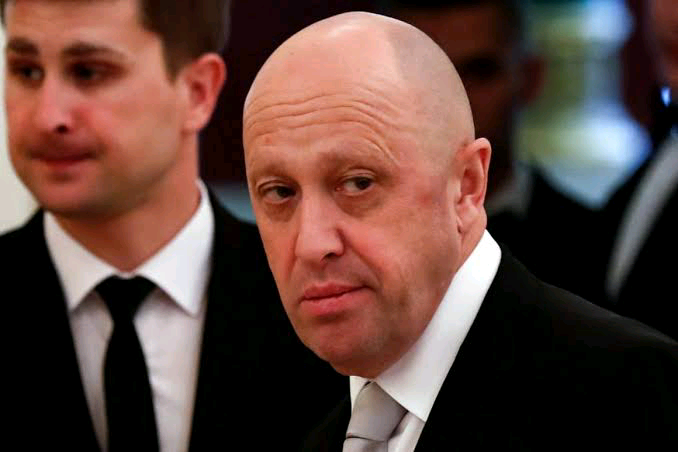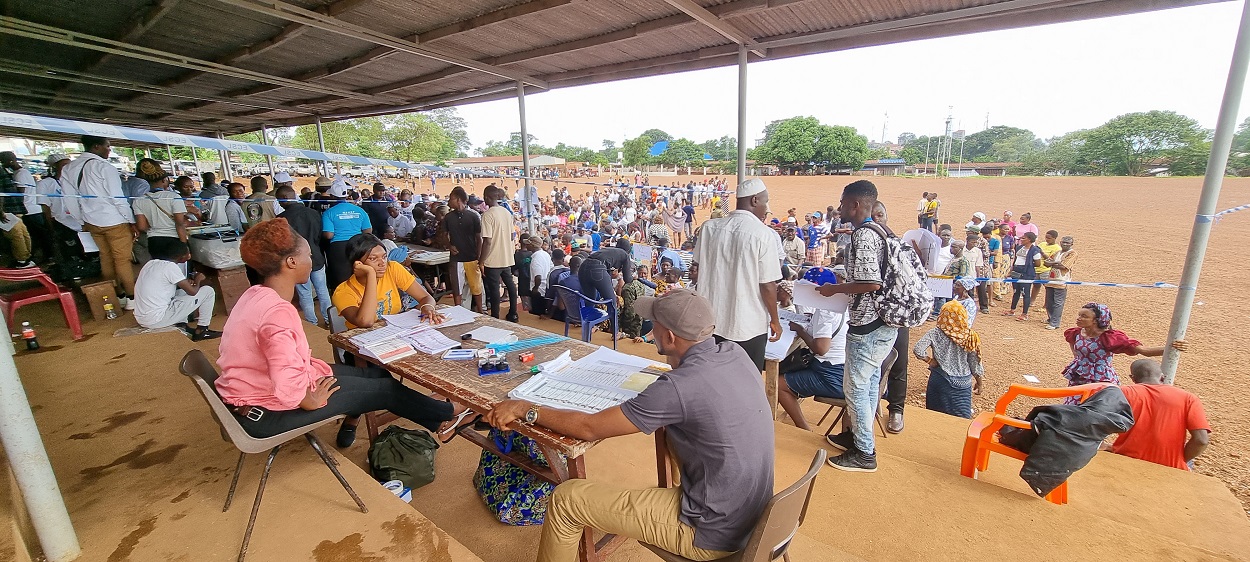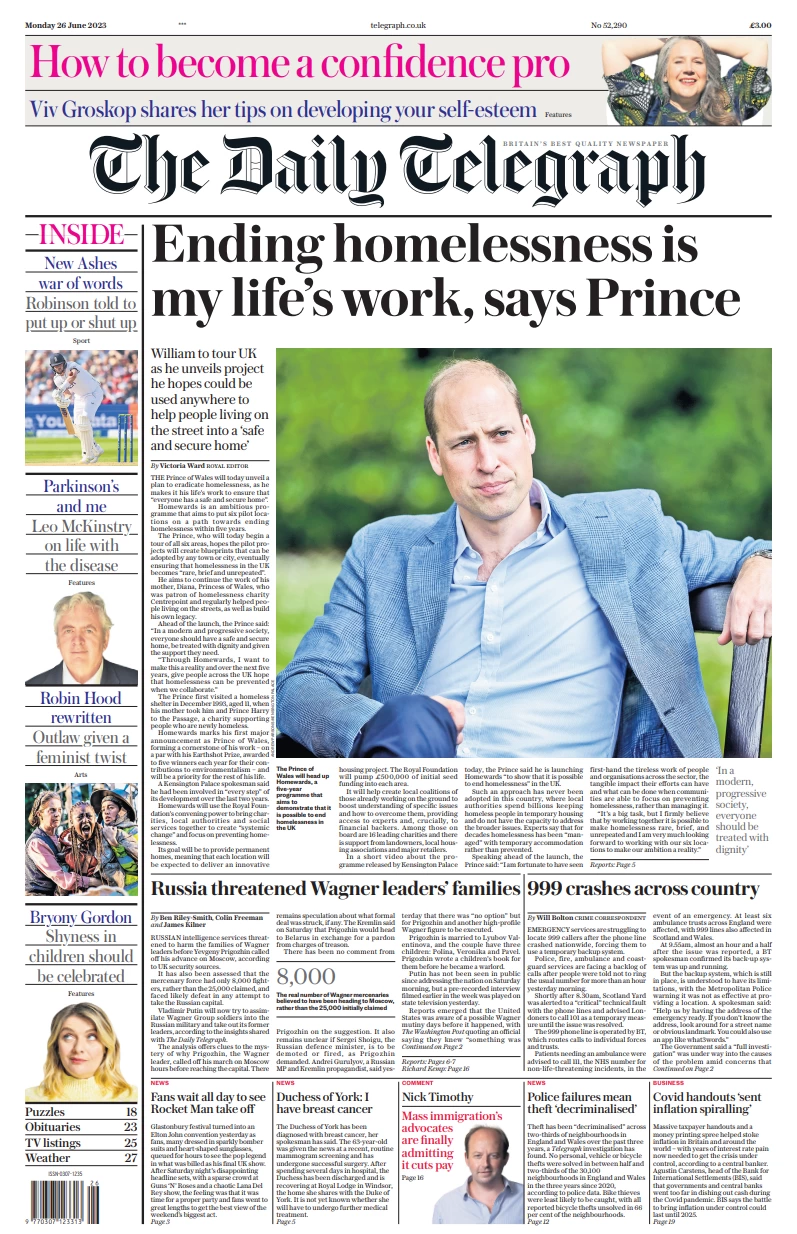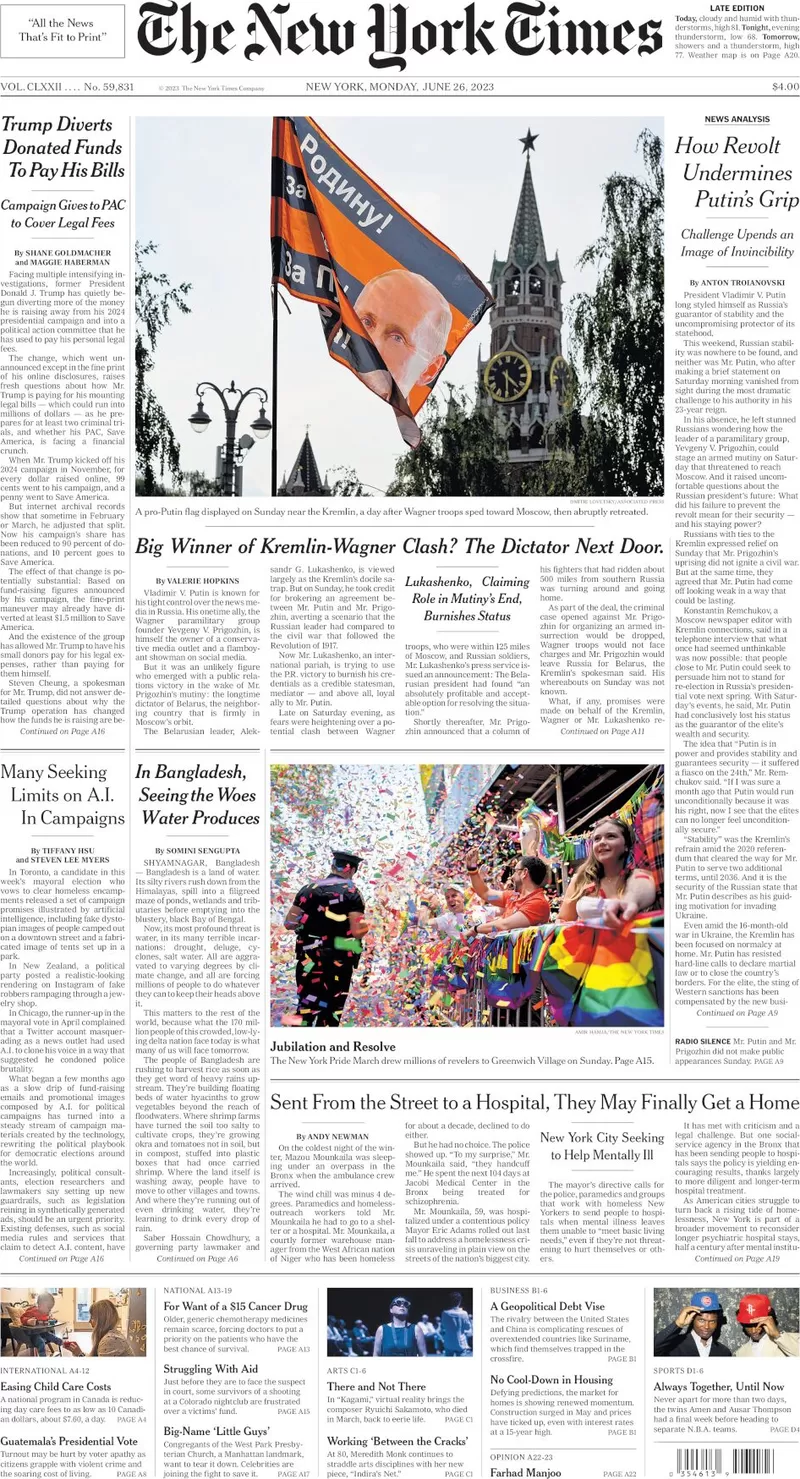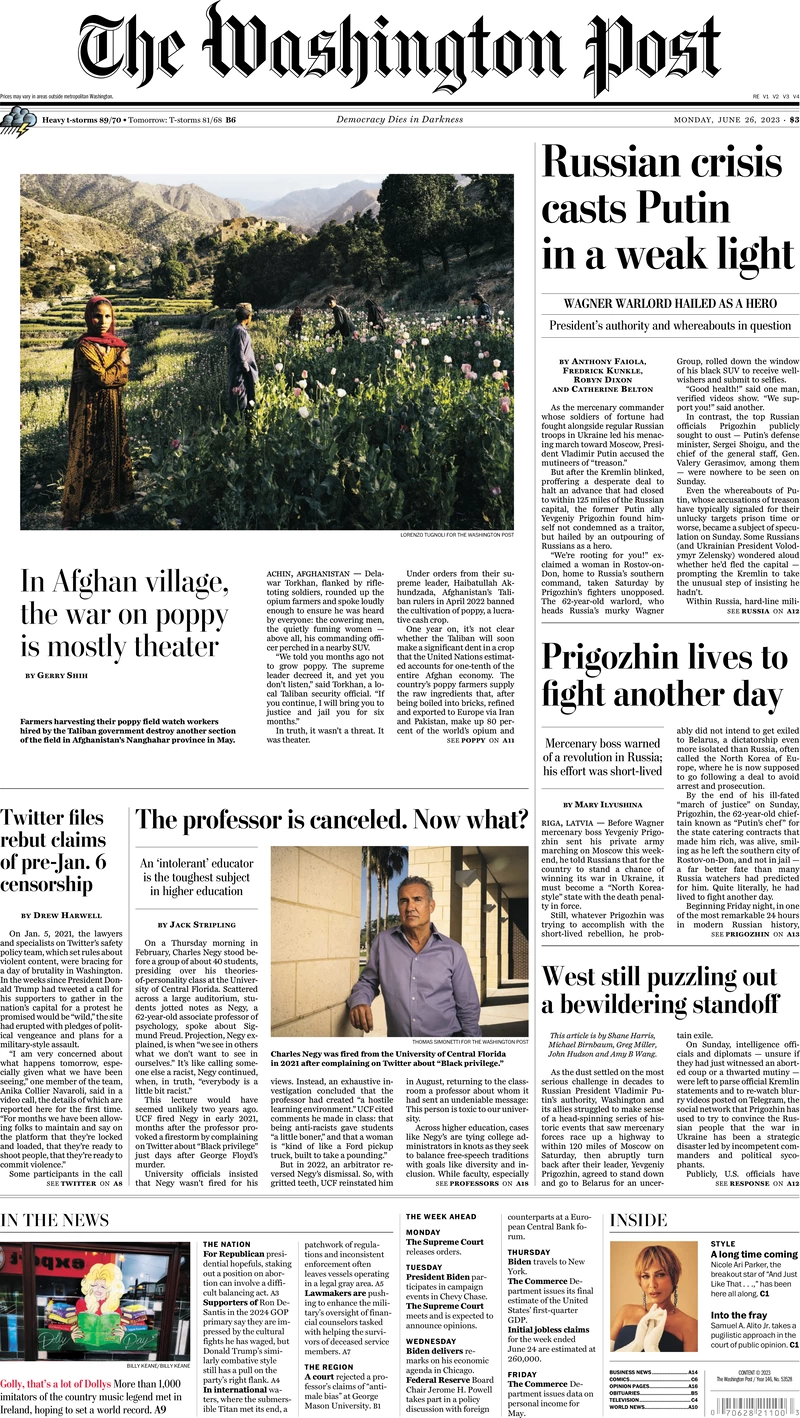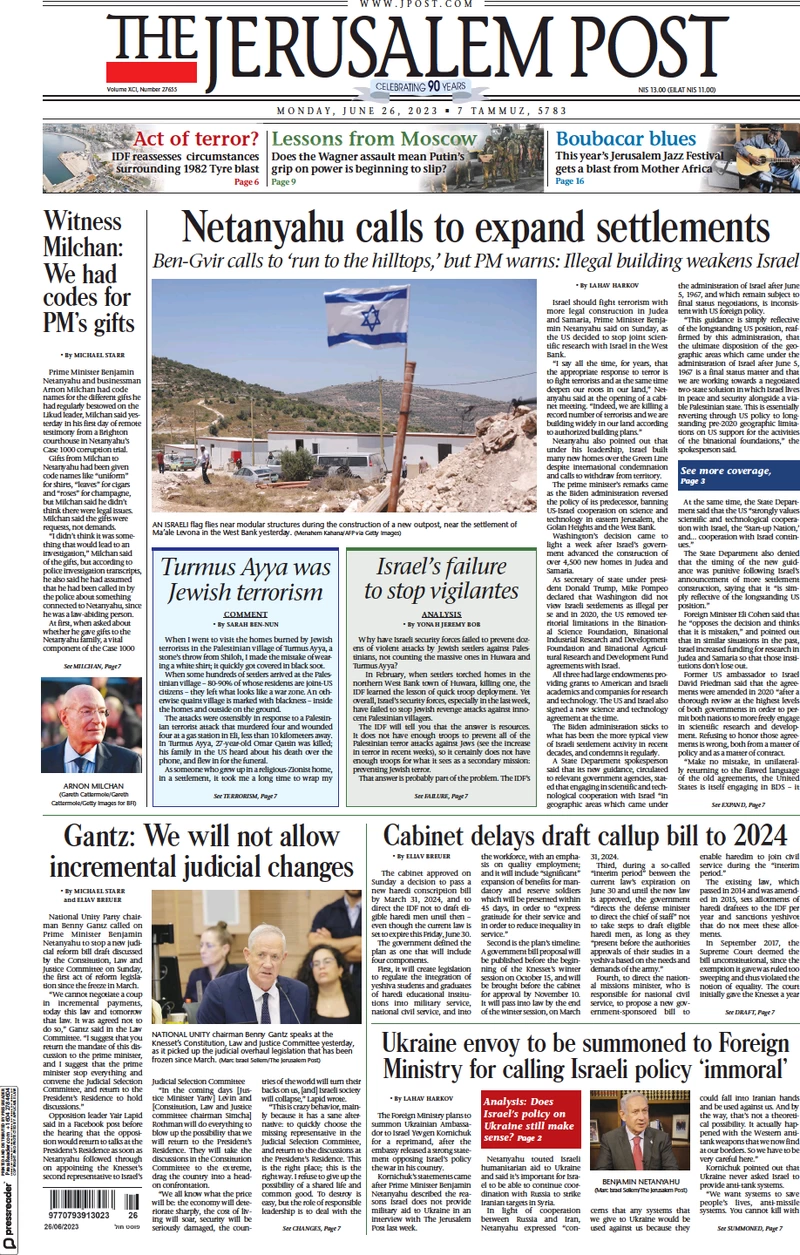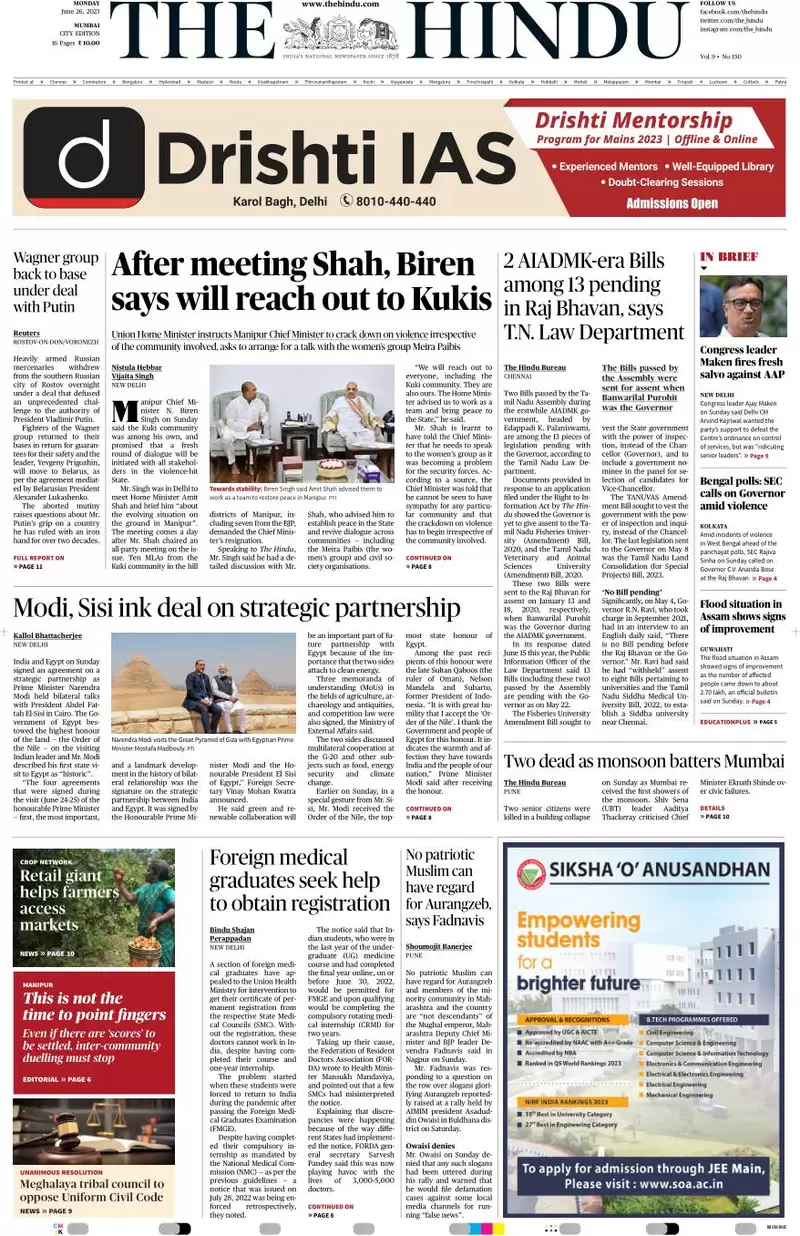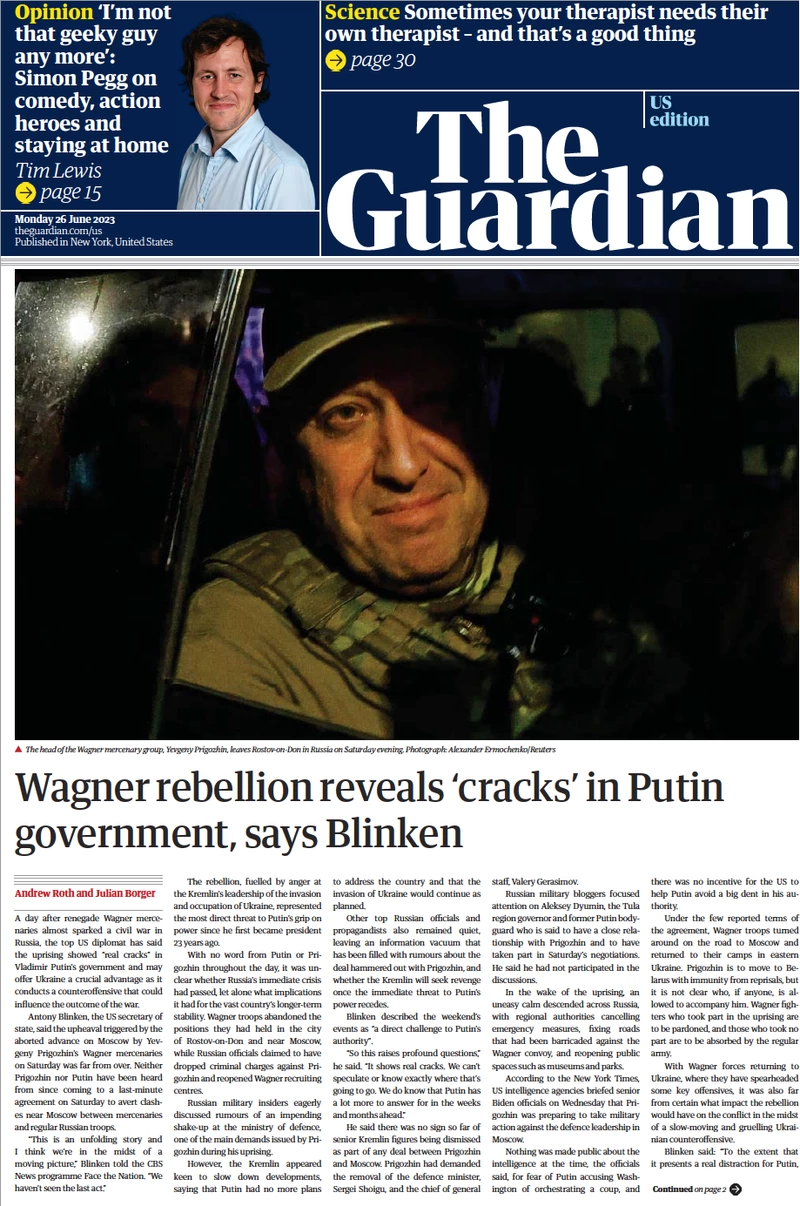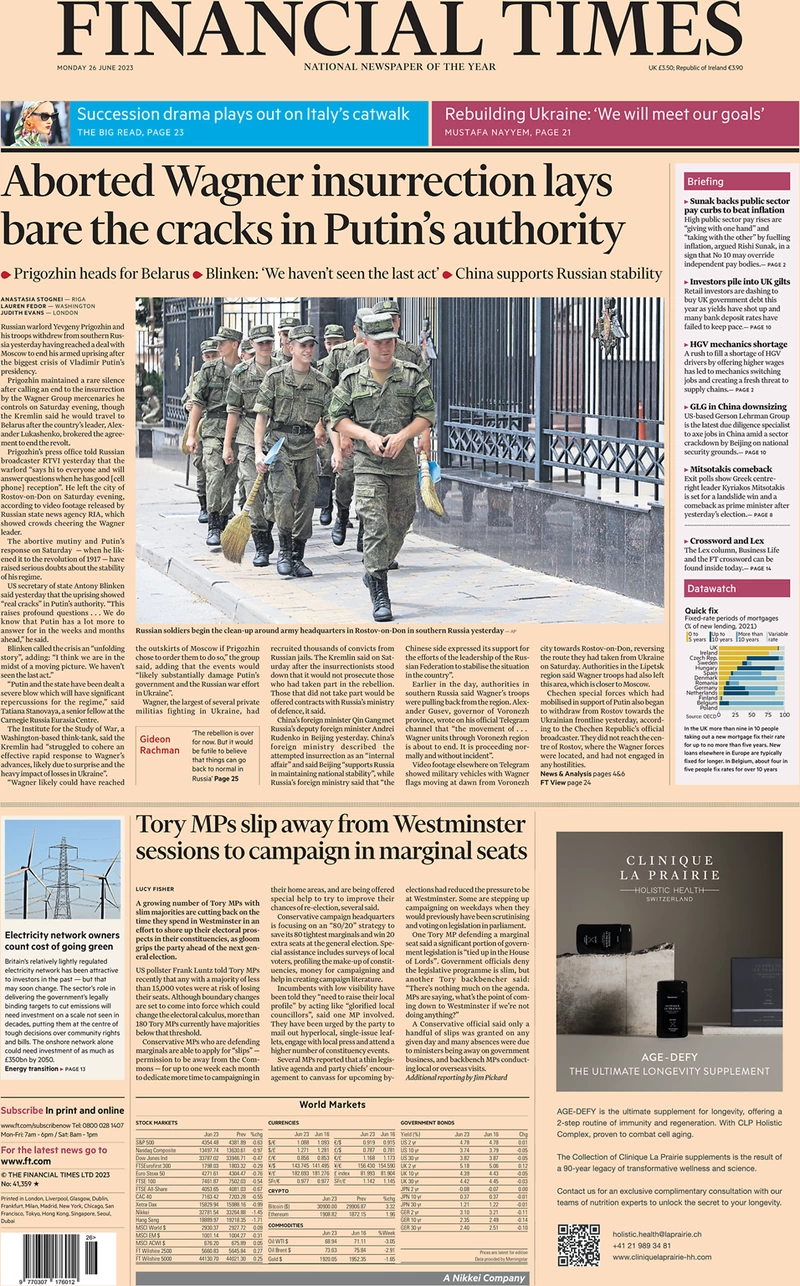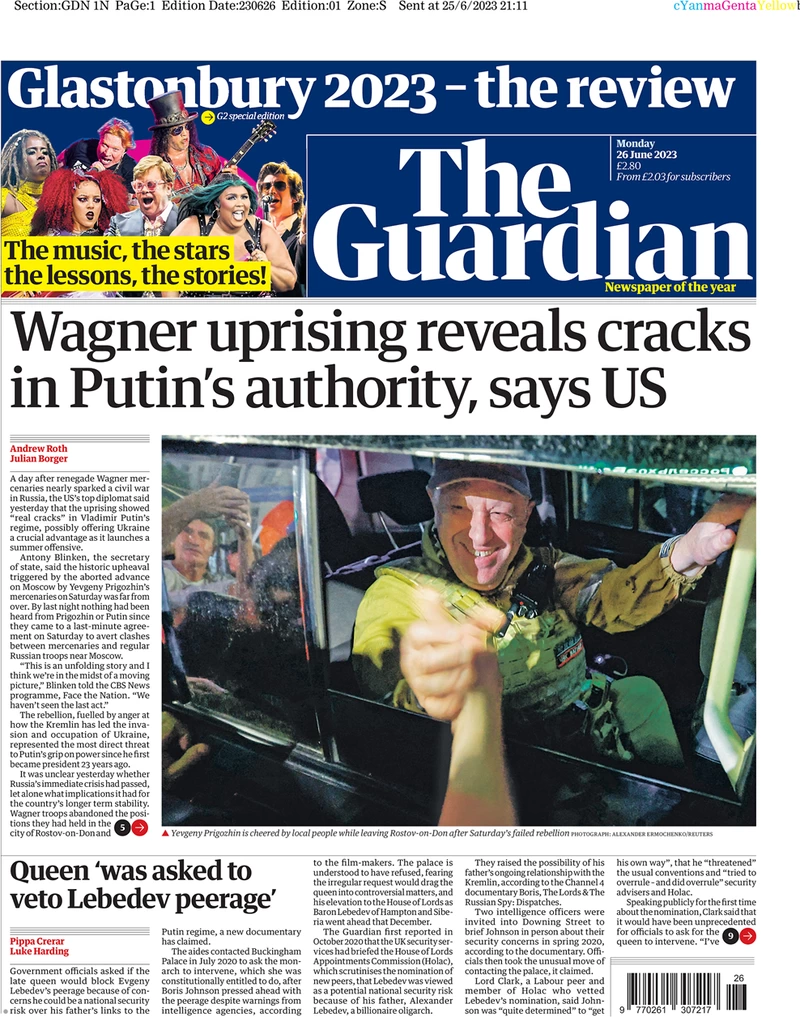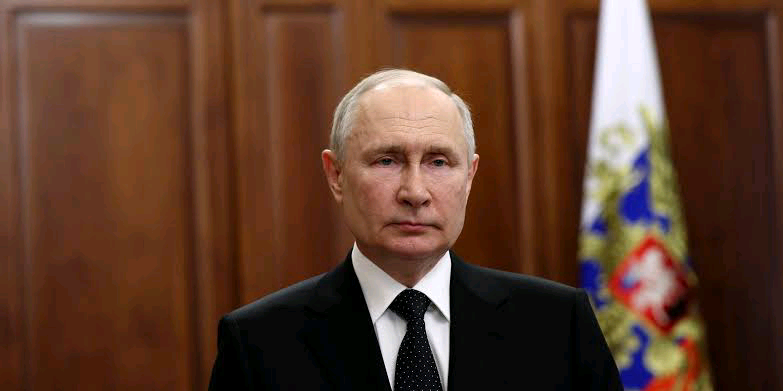The East African Community (EAC) has maintained silence on a recent trade deal by Kenya and the European Union.
Officials of the Secretariat could not comment on the agreement inked this week in Nairobi and witnessed by President William Ruto.
The deal means Kenya has bypassed the fellow EAC member states in implementing the stalled Economic Partnership Agreement (EPA) between the two sides.
An agreement on the same reached by the EAC and the EU in 2014 after years of negotiations was subject to approval by all countries.
It later stalled as other EAC member states declined to endorse it even as Kenya – then the only middle income country – signed and ratified it.
While Tanzania and Uganda declined to approve the agreement for various reasons, Rwanda signed it but did not ratify the EPA.
In the past all the EAC member states were required to sign and ratify the EPA with the EU for it to come into force.
During the inking of the agreement on Monday, Kenya said that it was not bypassing its fellow member states in the bloc this time around.
Kenya was only using a window opened up by the EAC Heads of State during their summit in February 2021.
The summit, held virtually, allowed the partner states to deal bilaterally with the EU and leave room for others to join in future.
Officials of the EAC reached out on Wednesday declined to comment on the matter on grounds that it was a policy needing the attention of the executives.
“We are aware of the deal, but this is a policy issue,” one senior official told The Citizen, referring its journalist to senior executives who, however, could not be reached.
One of them said it has been a while since the EAC-EU-EPA has come up for discussions at the organisation’s high-level meetings.
The issue could not feature in the recently concluded ministerial session of the sectoral council on trade, industry, finance and investments.
By signing the trade deal, Kenya unlocked immediate duty-free, quota-free access for all its exports to the 27 member EU bloc.
At the same time, the East African nation would be compelled to gradually lower import duty for goods from Europe.
A Tanzanian scholar based in the US, Prof Richard Mshomba, said the “go-it-alone” measure taken by Kenya was enough sign of the existing cracks in the EAC.
“It has revealed, very clearly, that the EAC is not a genuine customs union,” he said, noting that Kenya has also reached a bilateral EPA agreement with the UK.
“These bilateral arrangements would not be possible in a real customs union,” said the economics don teaching at La Salle University in the US.
In a customs union, member countries remove trade barriers among themselves and maintain common external tariffs.
Members of a customs union usually first negotiate among themselves to establish a common position before they negotiate with non-members.
On his part, a Tanzanian business consultant based in Germany, Dr Harrison Mwilima, said a move taken by Kenya was not surprising.
“It is not a coincidence that Kenya decided to go it alone. Countries such as Tanzania, Uganda and Burundi did not want to sign due to, among other things, fear that the free trade proposed through EPA would lead to the killing of their local industries.”
For Kenya, being the only country in the region with a middle-income status, not signing EPA meant that its exports to the EU, including mainly tea, coffee and cut flowers, would face tariffs.
However, he was quick to warn that if other EAC member states will not sign regional EPA, Kenyan future trade engagement with the EU will complicate the EAC economic integration.
He cited cases where and when Kenya starts to allow EU products to enter its market with reduced tariffs.
That would mean that European goods have entered an EAC single market and could potentially be exported to other countries.
Speaking during his visit to Brussels, the EU seat last year, EAC secretary-general Peter Mathuki said the bloc was keen to finalize the EPA agreement.
He said since not all the partner states were in a position to sign, ratify and implement the agreement, there would be some flexibility.
“The Partner States who wish to do so should be able to commence engagements with the EU with a view to starting the EU-EAC-EPA implementation under the principle of variable geometry,” he said.
